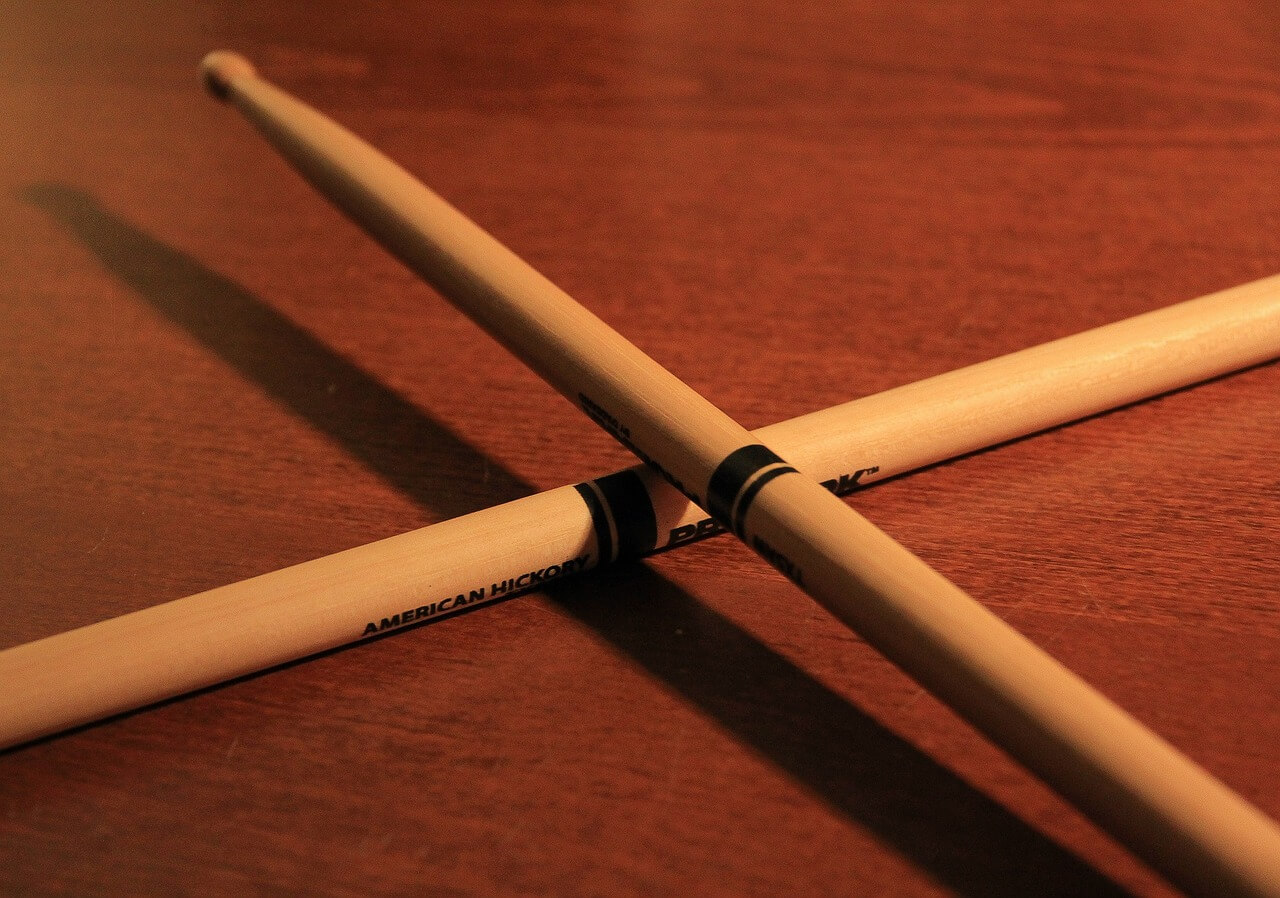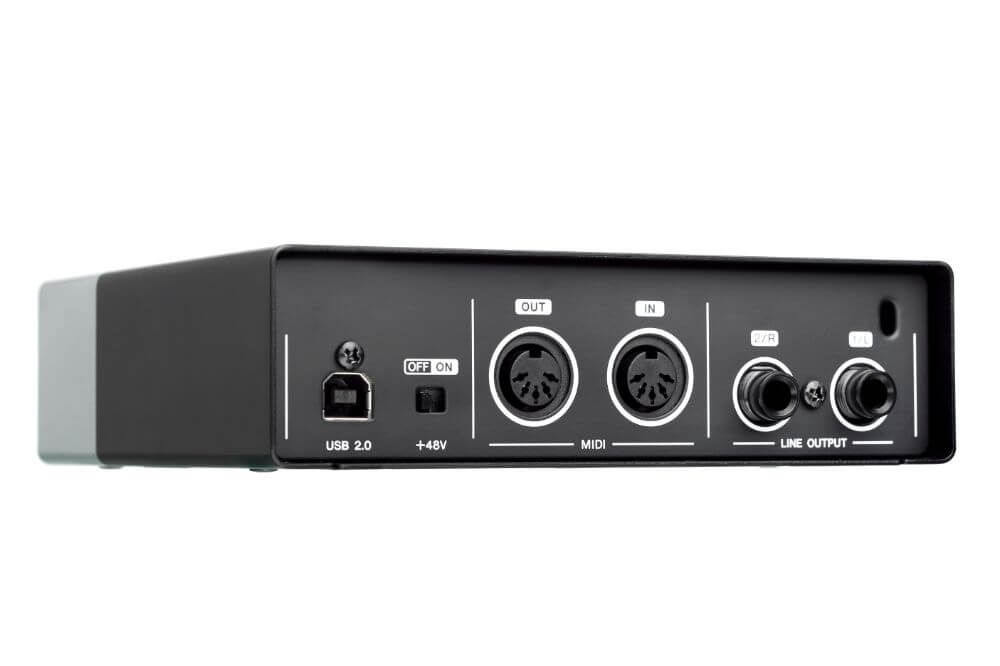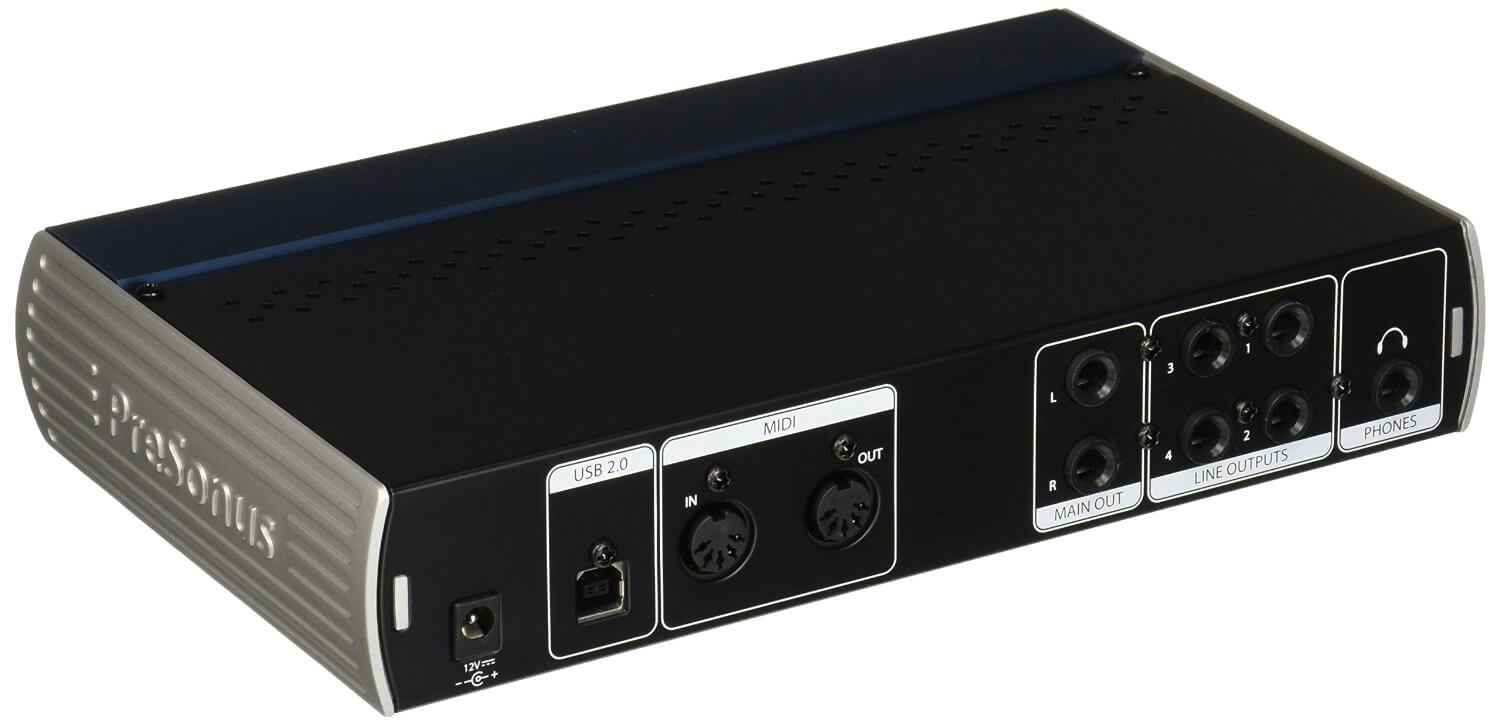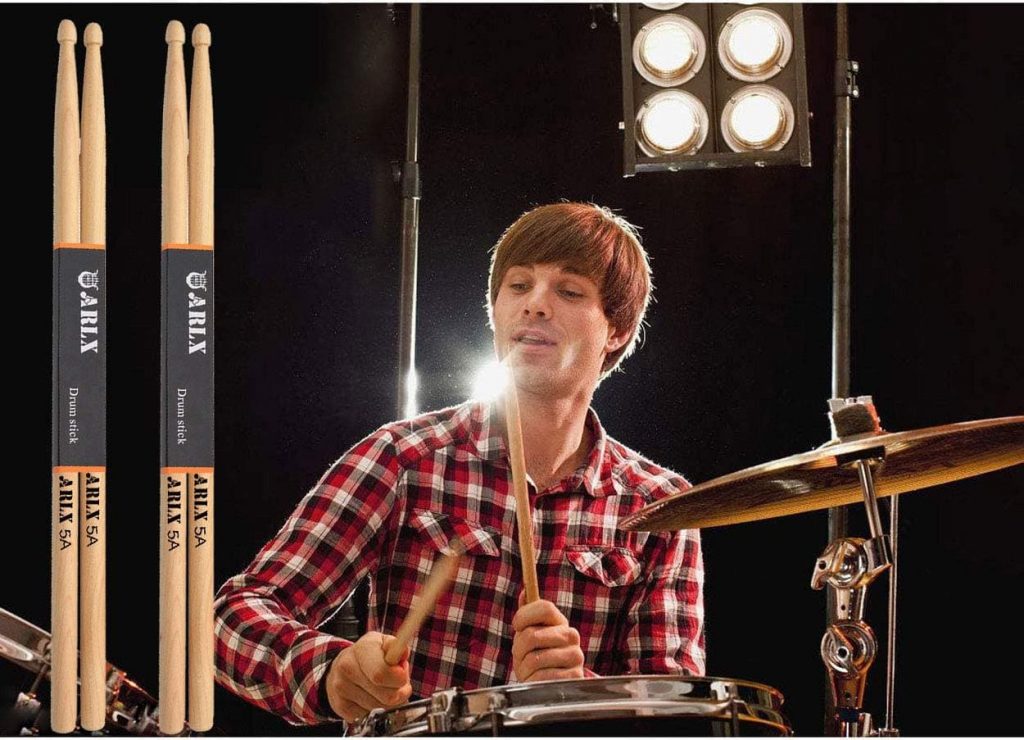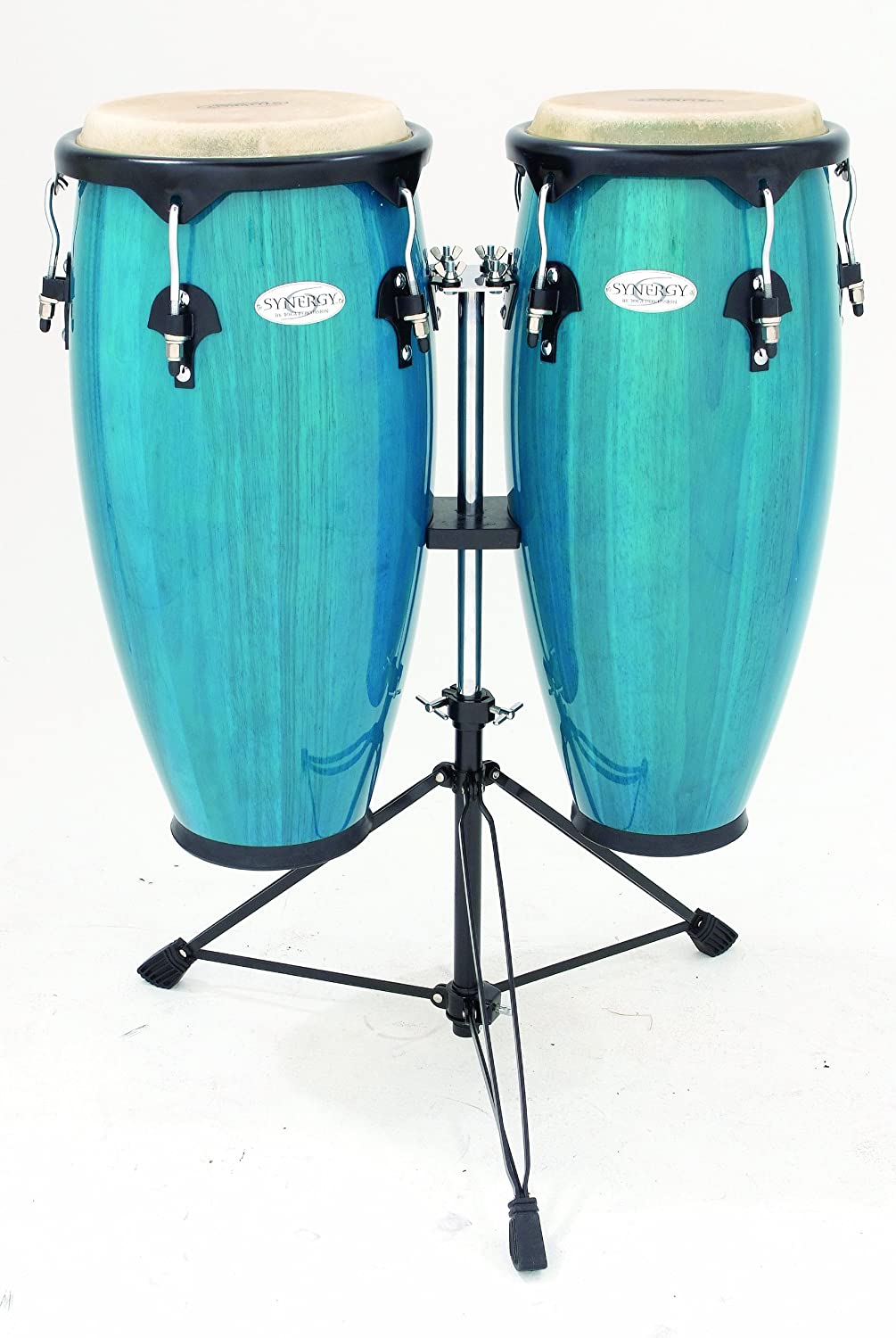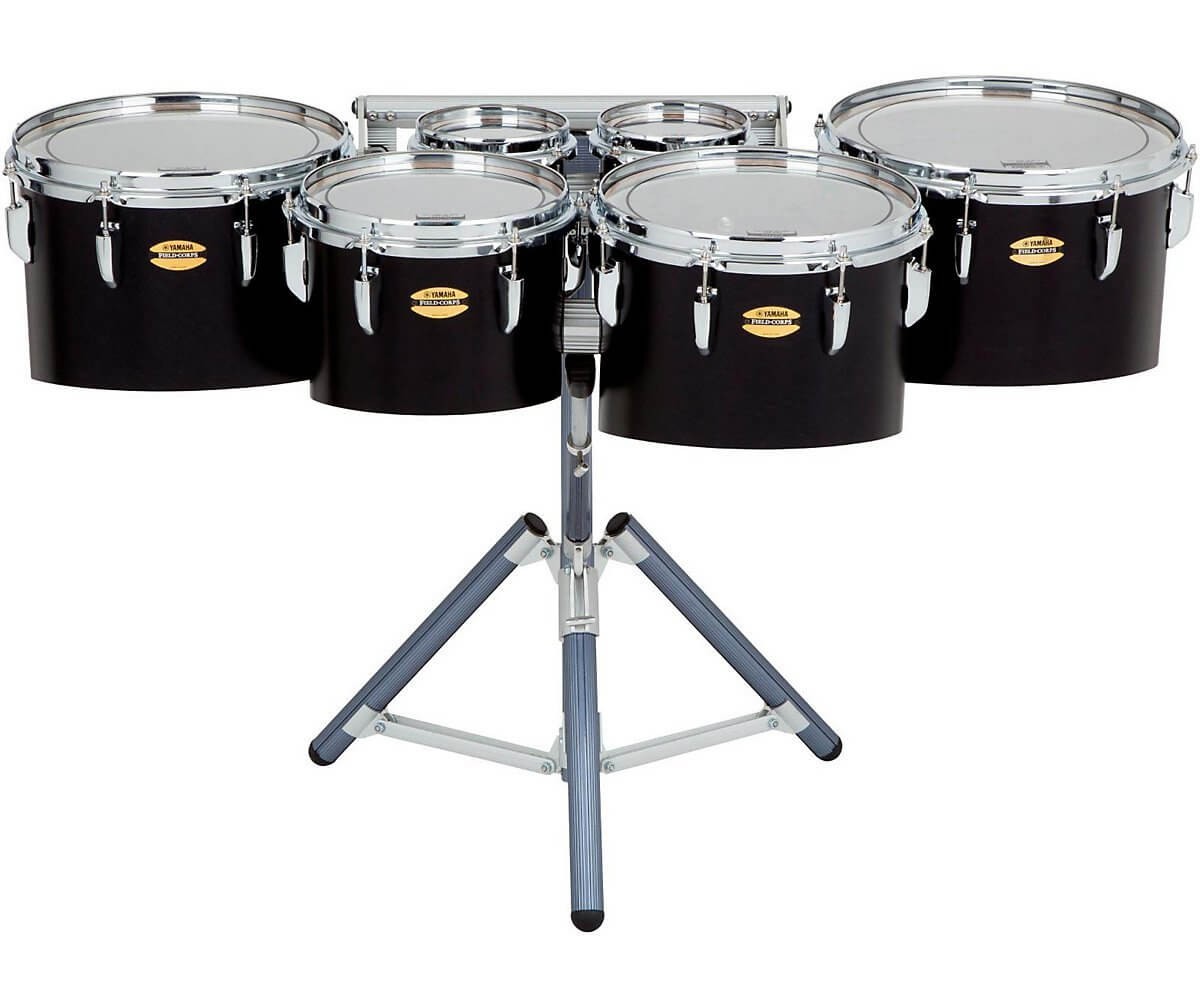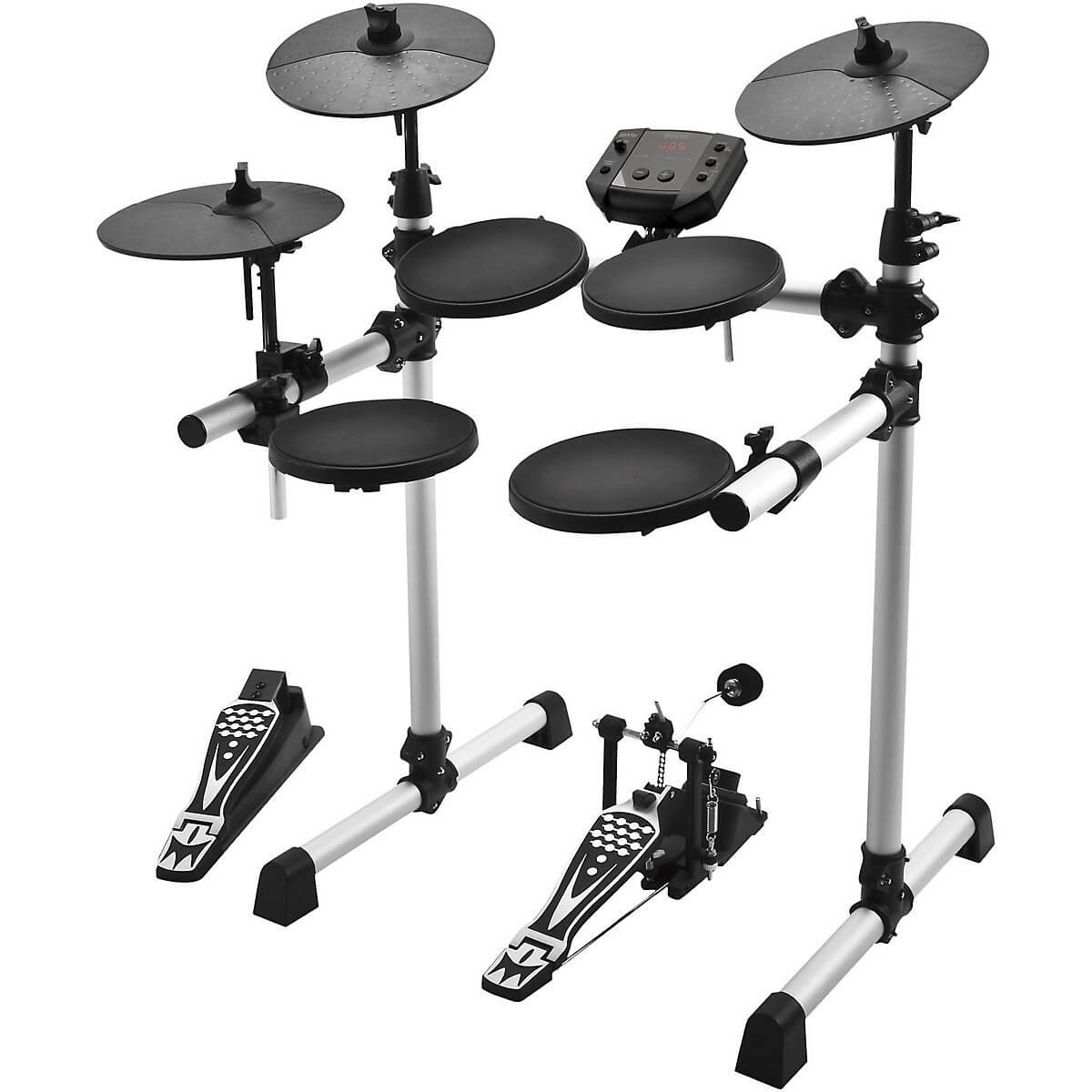Updated on April 3rd, 2022
Like the instruments they strike, drumsticks come in a variety of styles, materials, shapes and sizes. Drumsticks should always be selected based on the playing context.
 For example, a percussionist in a wind ensemble does not need a set of sticks with the same hardness demanded by a drummer playing a trap in a rock band or a battery percussionist assigned to snare drum in a marching ensemble.
For example, a percussionist in a wind ensemble does not need a set of sticks with the same hardness demanded by a drummer playing a trap in a rock band or a battery percussionist assigned to snare drum in a marching ensemble.
That said, an extremely soft or poorly made set of sticks could under perform in a venue or worse breakdown in the midst of the performance.
What follows is a survey of sticks for use on drum kits or snares. The list, while not exhaustive, makes recommendations that highlight the best combinations of quality and value.
When purchasing sticks, it is important to talk to percussionists who has a good amount of experience.
Initial Considerations
One of the most important early considerations in stick selection is stick sizing. Typical sticks include the 7A, 2A, 5B and 2B.
Somewhat counterintuitively, the 2B sticks are the largest in this grouping. Along with the 5Bs, the 2B sticks are ideal in contexts that require substantial percussion volume and demand. In marching contexts, especially, the B varieties can take the beating associated with outdoor performances.
For those involved in percussive arts in quieter contexts, smaller (thinner) sticks are more appropriate. While not as durable as their larger counterparts, thinner sticks allow for more volume control.
Hardness/Materials/Finish
Most drumsticks for snare and trap work are manufactured in maple, oak or hickory. Maple sticks, renowned for their crispness are the choice of percussionists involved in small supportive percussive scores in otherwise complex musical arrangements.
Because maple sticks tend to be softer than other stick varieties they are not recommended for settings that require substantial volume. Conversely, oak and hickory sticks can take a beating.
That said, they tend to transfer the energy of the drum strike into the hands and wrists of the percussionist causing pain and fatigue after extensive playing.
A word about finish. Beginners tend to gravitate toward lacquered sticks as they often help the novice master grip in the early days of performance however, lacquered sticks are notorious for flying out of the hands of percussionists that are sweating because of a warm venue or prolonged playing.
A little sanding of the lacquered finish may “do the trick” when moisture becomes an issue. Avoid unfinished sticks. Any “feel” advantage is mitigated by the potential of splinters.
Avedis Zildjian Company
When percussionist hear “Avedis Zildjian Company” they immediately think about cymbals. While Zildjian is recognized for producing the best cymbals available, there sticks garner a strong reputation too.![]()
Click Here for Pricing, Pictures and Reviews on Amazon.com
Zildjian sticks feature a deft anti-vibration design. When a Zildjian stick strikes the head of the drum, the bulk of the potential energy is transferred from the sick to the head of the drum instead of from stick to hand.
Zildjian also produces a gorgeous artist series, affording professionals the opportunity to customize the appearance of the stick.
Vater
Vater is an established company in the percussive market that produces sticks well known for longevity. When a percussionist purchases a set of Vaters, he or she knows that the sticks will be around for years.

Click Here for Pricing, Pictures and Reviews on Amazon.com
Another Vater benefit? Vater only produces sticks. Every resource in the company is dedicated to visioning and then producing the best sticks possible.
ProMark
Like Vater, ProMark is an established company that expends a great deal of resources honing sticks for use in the percussive arts. An innovator in the use of hardwoods, ProMark singlehandedly introduced oak sticks to an international market.
Click Here for Pricing, Pictures and Reviews on Amazon.com
Known to consult with some of the top percussionists in music, ProMark loves to produce sticks that reflect the needs and desires of its endorsing artists. ProMark maples are second to none.
Vic Firth
Everett "Vic" Firth established his namesake stick and mallet company in the 1960s while he was a performer with the Boston Symphony.
Tired of the bulky, unresponsive sticks he was using for ensemble works, Firth hand-whittled his big sticks down to a dynamic shape and size, and then had a mill smith reproduce them.
![]()
Click Here for Pricing, Pictures and Reviews on Amazon.com
Vic Firths are widely considered the best drumsticks in the world. Firth’s formulas for weight, balance and sizing produce sticks that can handle the percussive needs of all types of ensembles.
Firths also have a consistent manufacturing process. The quality, durability and performance characteristics of Firths are uniform from stick to stick which is especially important for ensembles that require multiple snare players.
The Avedis Zildjian Company merged with Vic Firth in 2010. While the two branches of the new company will keep their established product lines for the foreseeable future, the merger affords efficiencies on the research and production sides of manufacturing which have lowered the cost of Firth models.
The Roll Test
Before you offer the music store cashier your hard-earned dollars and take home your new sets of sticks, it is important to make sure that the sticks are not warped.
The Roll Test, as the name of the procedure implies, requires that the percussionist roll the newly purchased sticks on a flat and hard surface to see if the sticks have a “wobble.”
While a slight wobble is to be expected, greatly warped sticks will impact the feel of the sticks and impair the quality of the drum strike to the playing surface.
If you test several sets of sticks within a certain brand and discover that all of them have a significant wobble, you can assume that there is a substantial issue with the manufacturing process in that particular brand. Consider another brand immediately!
Final Thoughts
The stick and mallet market is highly competitive which is a win-win situation for the consumer. Seeking a good slice of a relatively small market, all of the manufactures mentioned above are interested in producing high-quality sticks at a reasonable price point.
Further, these manufactures recognized that innovation is important to an evolving customer base. Inasmuch, it may be helpful for the drummer to try out a pair of sticks from each of these manufactures to explore their individual efficacy given the drummer’s unique needs.
Happy playing!
More to read:
Our Pick Of The Best Drum Sticks
MX - VIC Firth 5B Baquetas
FR - Tiger TDA83-5A Baguettes avec Pointe en Bois - Érable - 5A
US - Anyuxin Drum Sticks 5A Classic Maple Wood Drumsticks (2 Pair)
CA - Drum Stick 5A Wood Tip Drum Sticks 5a Classic Hickory Drumstick (1 Pair Hickory)
UK - Stagg SM5A Pair of Maple Sticks/5A - Wooden Tip
DE - Vic Firth NOVA Series Drumsticks - 5B - Wood Tip
IT - Cascha HH 2032 Bacchette Professionali 5A
ES - Vic Firth NOVA 7A - Baquetas, Punta de Madera
We hope you love our reviews! For your information, we do earn money from commission in the link in the content! For more information click here!

